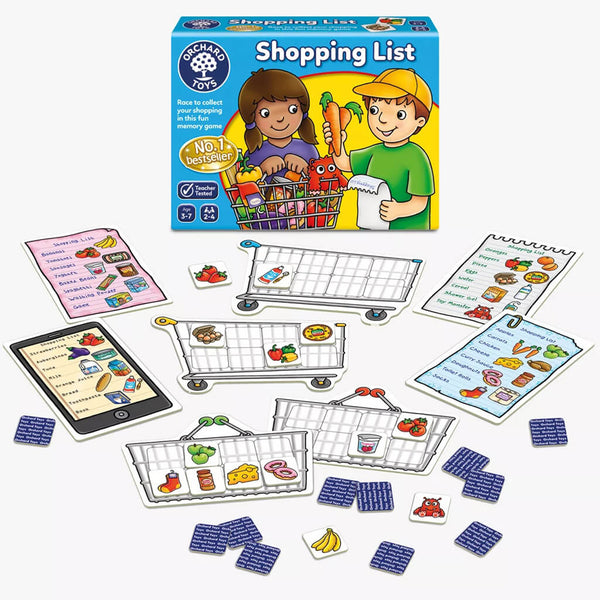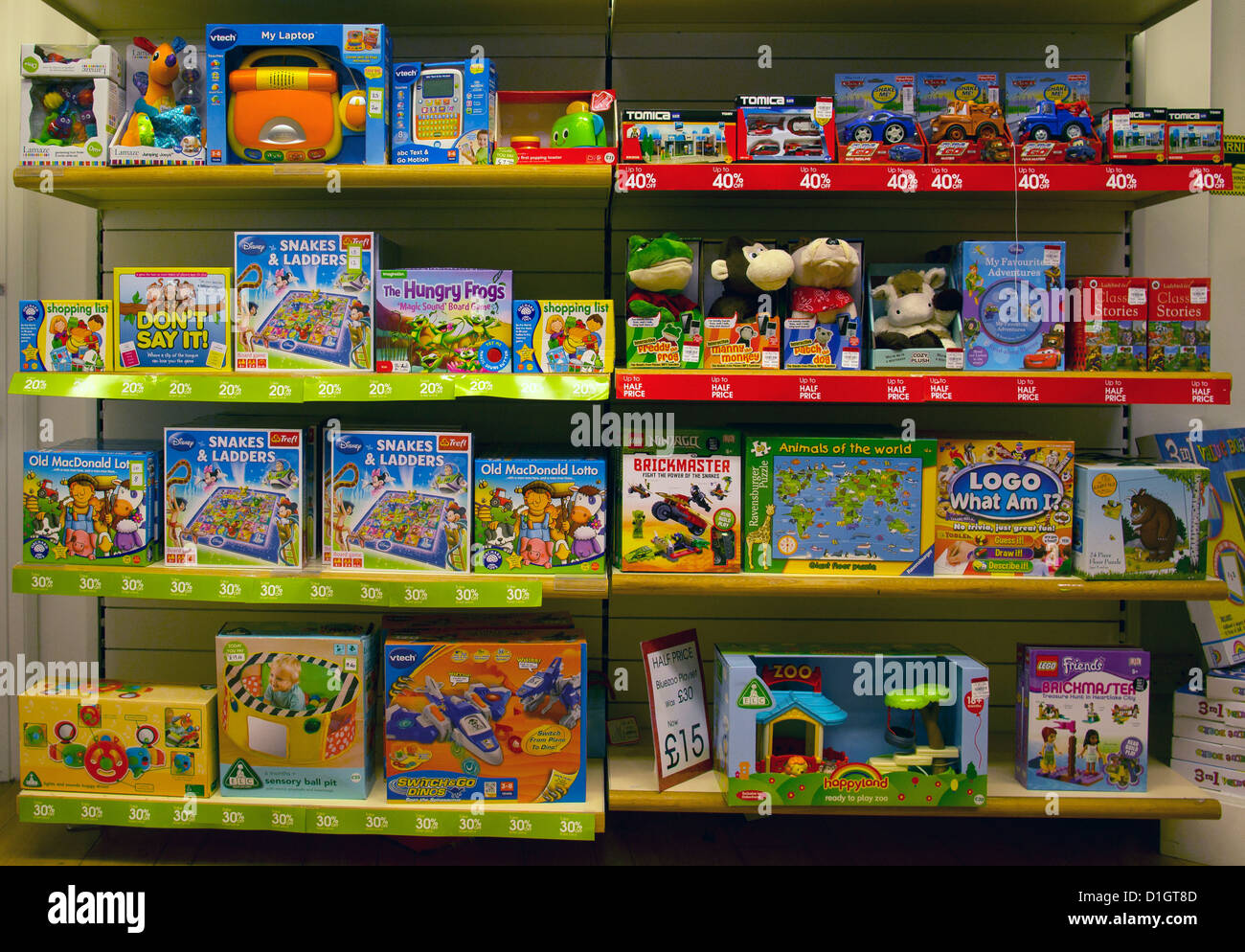Your Ultimate Location for Family Fun: Toys and Games Shop
The Social and Cognitive Advantages of Board Games: Building Bonds and Brainpower Via Play
Board video games provide an engaging crossway of social communication and cognitive development, using a lot even more than plain home entertainment. They act as a channel for enhancing social bonds, promoting empathy, and enhancing interaction abilities. At the same time, they test players to take part in tactical thinking and analytic, promoting psychological agility and strength. As individuals compete and work together, these video games become a microcosm of real-world characteristics, preparing individuals for broader intellectual and social difficulties. What makes board games uniquely efficient in these duties, and just how do they offer as a bridge between social connection and psychological skill?
Enhancing Social Connections
When people gather to play board games, they participate in a task that naturally fosters social interaction and communication. Parlor game supply an organized atmosphere in which participants can link with each other, promoting the growth of interpersonal partnerships. With shared goals, techniques, and decision-making processes, players boost their capacity to bargain and comply, skills essential in both individual and specialist worlds.
The social characteristics associated with board video games provide an inclusive system for participants of varied histories and ages to connect on an equal ground. This setup promotes empathy and understanding as gamers navigate the complexities of the video game with each other, commonly needing partnership to accomplish individual or collective success. Moreover, parlor game can work as a stimulant for conversation, providing subjects for discussion that expand beyond the game itself, consequently strengthening social bonds.
The physical existence of gamers during board video game sessions also plays an essential duty in enhancing social connections. Unlike electronic interactions that may lack depth, face-to-face involvements enable for the expression of feelings and non-verbal signs, enriching the interaction experience. Ultimately, the shared experiences and memories created with board video game play contribute dramatically to developing durable, purposeful relationships among participants.
Enhancing Cognitive Capabilities

Board games additionally cultivate critical reasoning and decision-making abilities. This kind of cognitive involvement mirrors real-world decision-making procedures, making board video games a beneficial device for cognitive growth.
In addition, parlor game can improve spatial reasoning and mathematical abilities. Gamings including pattern recognition and checking, such as Sudoku or Ticket to Trip, obstacle gamers to determine series and determine probabilities. Consequently, routine participation in board video games can contribute to a person's general cognitive development, supplying both temporary pleasure and long-term intellectual advantages.
Encouraging Team Effort and Collaboration
Getting involved in board video games offers as an exceptional system for growing synergy and cooperation skills. Numerous board games are created to be played in teams, requiring players to communicate efficiently, plan jointly, and make decisions that profit the team.
Moreover, parlor game use a vibrant setting where individuals can exercise dispute resolution and negotiation skills. When disputes arise, gamers have to participate in constructive dialogue to reach a consensus, teaching important lessons in diplomacy useful reference and compromise. Such communications are essential in specialist and individual setups, where cooperation is frequently necessary to attain typical goals.
Board games likewise advertise a sense of belonging and shared objective, as gamers interact in the direction of a typical result. This common experience can enhance interpersonal relationships, construct trust fund, and improve the ability to function in harmony with others. Ultimately, participating in parlor game is a practical and delightful means of establishing vital team effort and collaboration skills that go beyond the video gaming table.
Stimulating Strategic Assuming
In addition to fostering synergy and participation, board games provide an abundant ground for improving calculated reasoning abilities. Numerous board video games need players to create strategies, prepare for challengers' moves, and adapt to developing circumstances.
The strategic intricacy fundamental in these games promotes a way of thinking of foresight and flexibility. Gamers have to evaluate prospective end results, take into consideration numerous strategies, and choose that line up with their long-lasting i loved this goals. Through this constant psychological exercise, people can fine-tune their capacity to analyze scenarios and create approaches in real-life contexts. Furthermore, the competitive nature of board games frequently demands fast reasoning and the capability to modify techniques in response to unforeseen advancements, honing gamers' capacities to believe on their feet.
Parlor game additionally act as a platform for gaining from both successes and failures. Toys and games shop. By assessing their efficiency, players can determine locations for enhancement and grow a growth attitude, which is essential to creating tactical acumen with time
Fostering Emotional Knowledge
Board video games offer a beneficial possibility to promote psychological knowledge by supplying an organized setting where gamers can observe and handle emotions, both their very own and those of others. By engaging themselves in the duties that video games develop, individuals can better understand diverse perspectives, boosting their capability to relate to others in real-world contexts.
Furthermore, board games typically existing scenarios where players should take care of victories and losses gracefully. This aspect of gameplay urges the advancement of emotional guideline, resilience, and perseverance-- crucial elements of emotional knowledge. Discovering to accept loss and commemorate triumphes without conceit can translate right into healthier interpersonal connections outside the gaming context.
Furthermore, the collective nature of numerous board video games promotes a feeling of neighborhood and belonging, which can enhance social bonds and advertise an encouraging environment. Via routine communication and shared experiences, players can boost their social abilities, ultimately adding to a more emotionally smart society. Toys and games shop. Therefore, parlor game function as a delightful and useful tool for nurturing psychological growth
Final Thought

Board games can serve as a driver for discussion, providing topics for conversation that expand beyond the game itself, thereby enhancing social bonds.
The physical visibility of gamers throughout board video game sessions likewise plays a vital duty in enhancing social connections.Engagement in board games uses an unique blend of enjoyment and intellectual excitement, giving substantial cognitive benefits to players. The competitive nature of board games frequently demands quick thinking and the ability to modify methods in reaction to unanticipated developments, honing players' capabilities to believe on their feet.
Board games provide a beneficial opportunity to foster psychological knowledge by supplying an organized atmosphere where players can observe and manage emotions, both their very own and those of others.